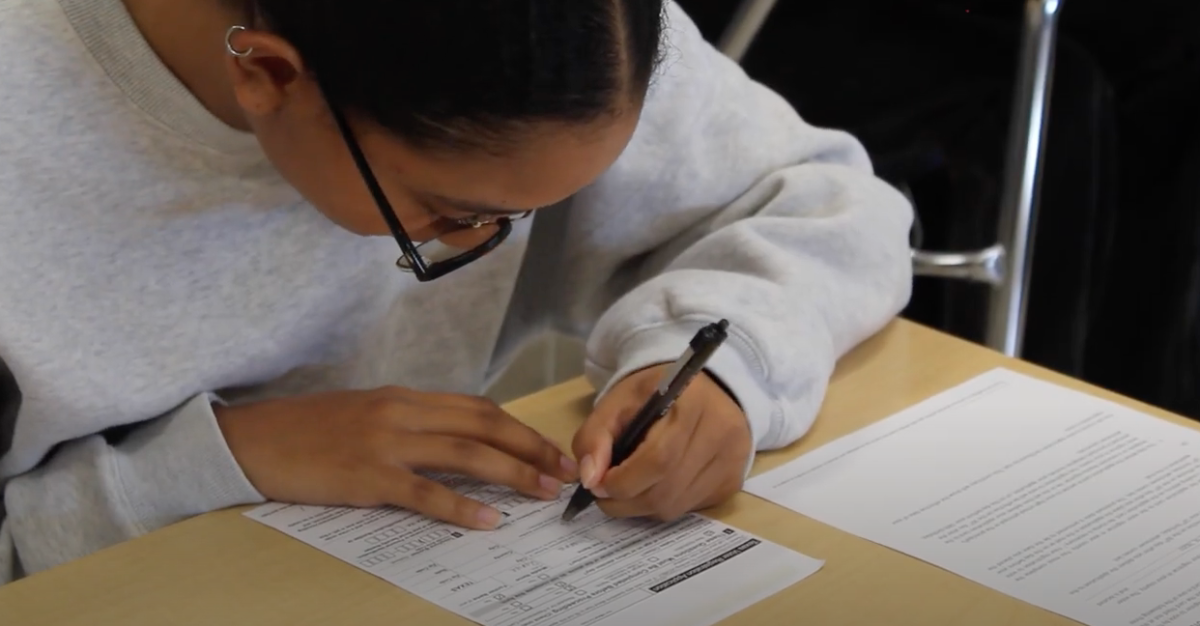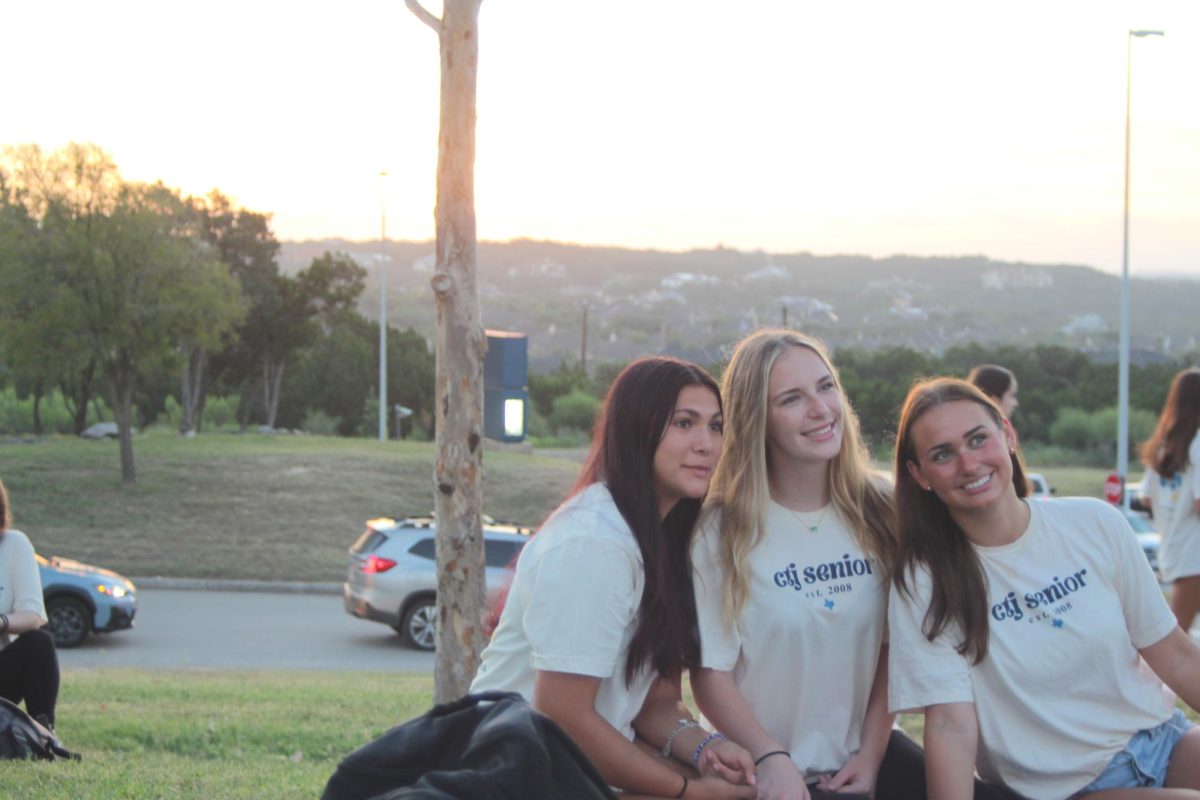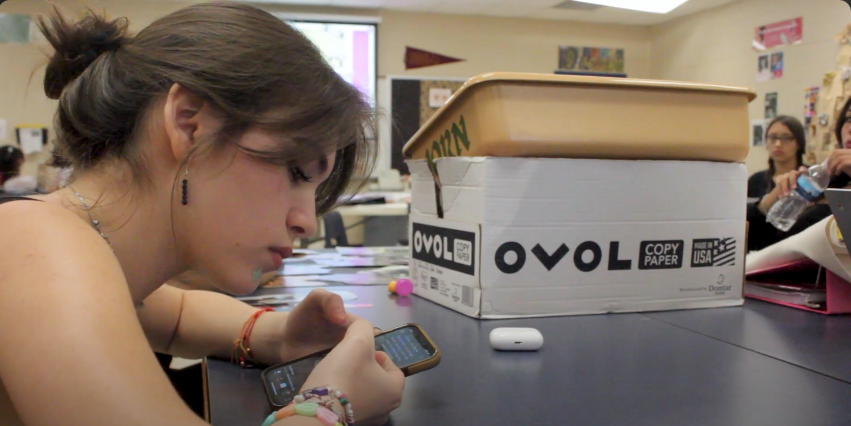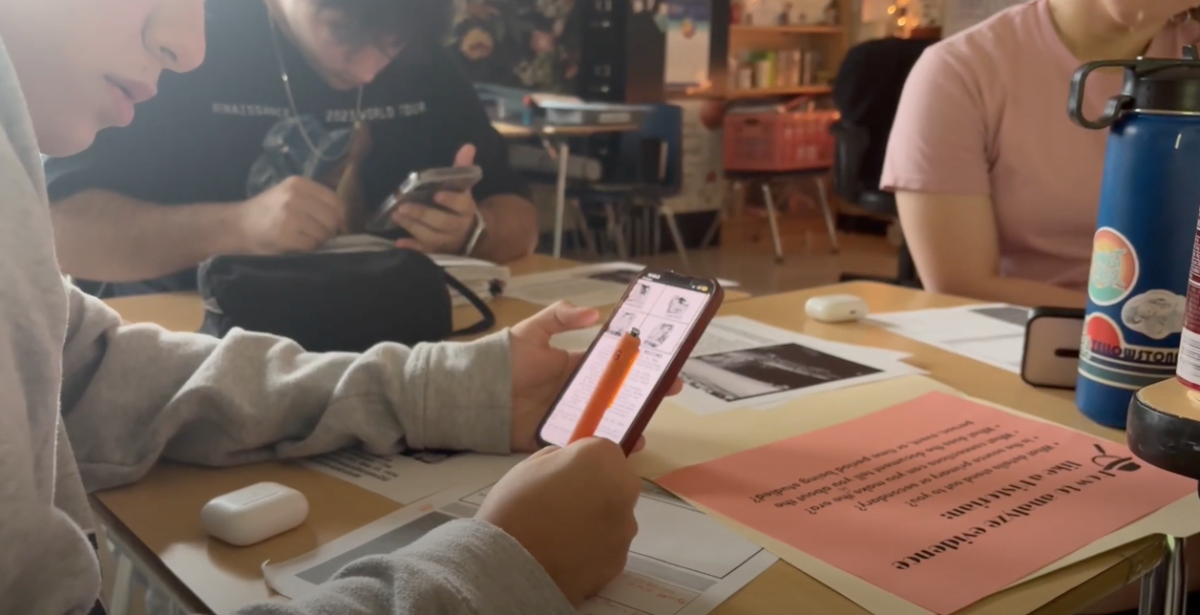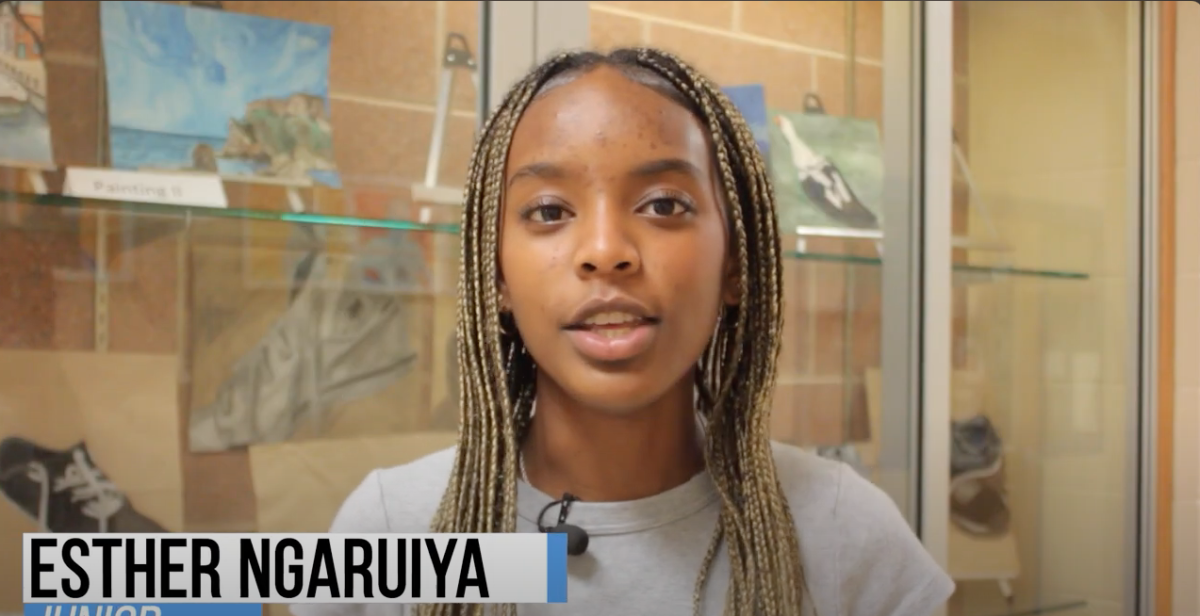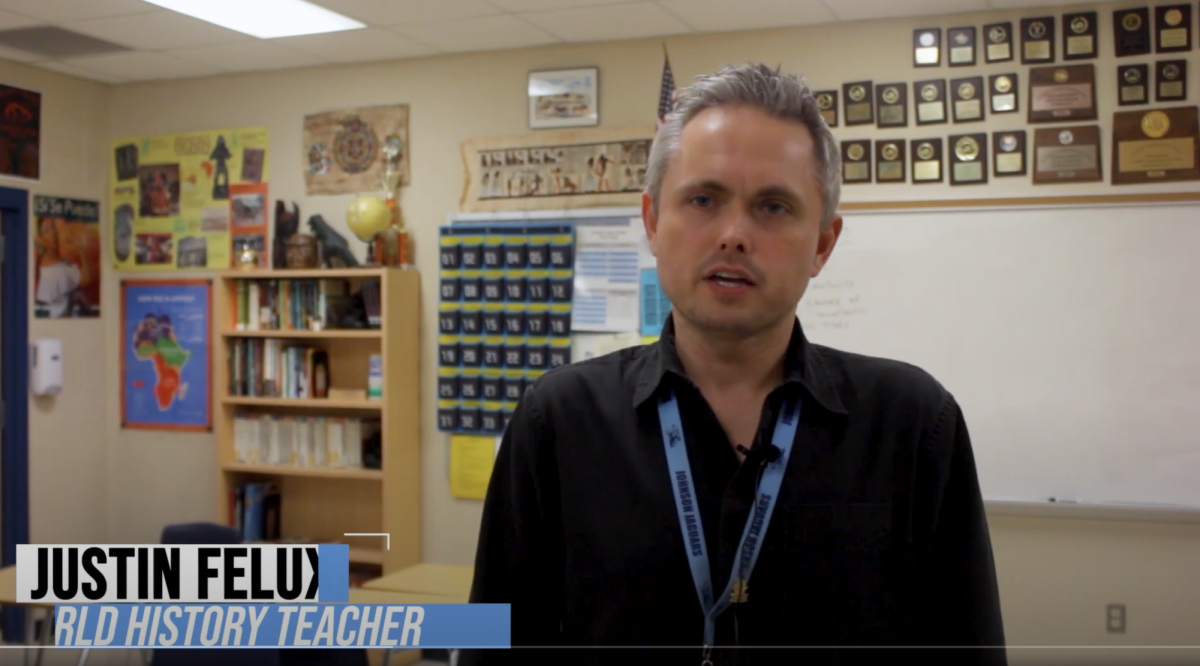By Ivey McDaniel| Staff Writer
If you were on the internet early March, then you most likely witnessed some of the activity surrounding the Kony 2012 video campaign. Facebook news feeds were scattered with posts reading “Make him a celebrity”, Twitter hash tag trends soared, and Youtube videos advocating help for the Invisible Children were uploaded.
The hype surrounding the uproar was in response to a 30 minute video uploaded on the Youtube account InvisibleChildrenInc March 5. The video advocates the charity, Invisible Children, and exposes the importance of stopping Joseph Kony, a Ugandan war lord who, since 1986, has been abducting African children to add to the LRA (Lord’s Resistance Army).
“Joseph Kony is one one of the top criminals in the world right now. The video is meant to spread awareness and raise money in order to capture him. Invisible Children are the kids that Kony captures for his children’s army. They’re called invisible because the world doesn’t give them much attention, and that’s what the campaign is trying to change,” sophomore Daniel Connor said.
During freshman year, many of the Geography teachers show the film “Invisible Children” to their classes, which like the Youtube sensation, centers around Joseph Kony and the children he’s affected in Africa.
“When I saw it, it was already eight years old,” Connor said. “I thought something had already been done about it. I didn’t know it was a recent issue. But then, no one really paid attention with to it in the class, I mean, it was pretty long. But, with the Kony video, it was happening in the present so I thought I might as well donate the money, because that’s all I can do. I donated $30 and I got the action kit. I got more interested in in because it’s newer and it’s on Youtube. That’s why it’s so popular, everybody has the ability to see it,” Connor said.

Kony has kidnapped an estimated 20,000 children from Central Africa to fight in his army and use as sex slaves. His goal is to use his LRA to fight against the Ugandan army in order to convert the nation to Christianity. Then, once the nation is converted, establish a theocracy based on the Ten Commandments.
The first campaign’s order of business is an event titled “Cover the Night”.
“On April 20th, people who bought an action kit are supposed to put up the posters it came with to spread awareness. I bought the kit, so I figured, why not? There’s going to be confusion for people who don’t look at trends on Facebook, and other sites, so they’ll research Kony,” said Connor.
But, Connor believes after the hype from the night won’t last for long, and that social media is somewhat to blame.
“After, I think it’s going to die down again, just like the stuff on Facebook did. It is ridiculous because it shows how people just move from one thing to another, depending on what’s popular. People are lazy, and half of the people didn’t genuinely care, they just did it because everyone else was doing it. They didn’t research the issue,” Connor said.
The video’s popularity was mostly based on the easy accessibility and sharing of the video, which has been both a blessing and drawback to the campaign.
“It frustrates me that we’ve had the technology to spread this video, and could’ve while children were dying, but chose to use it now. Youtube has been here for a while now, and it’s just ridiculous that we haven’t used that yet,” Connor said.
Despite the positive goal portrayed in the film, there’s been a lot of criticism. On March 15, Russell was detained in a San Diego hospital after being publicly indecent. The inappropriate behavior was justified by his wife as a result from all of the negative personal feedback about the film.
“It kind of tarnished the film’s image. It was ridiculous. If he’s really morally right, why is he vandalizing cars while being indecent? I also on how only a fraction goes to the children and the rest is used for further advertising, and I think that’s messed up. I understand some of the funds going to advertising, but if it’s on Youtube, then not really. They already have the computers and software to make that stuff, so I don’t understand why they need he extra money,” Connor said.
Another area of criticism stems from the film’s focus on Russell’s personal life, instead on the Invisible Children.
“I don’t think Jason Rusell’s personal life really contributes to the film. The most effective thing, to me, in the film, was when he shows a kid in the original Invisible Children movie, and talks about how his brother died. I don’t really see why his kid was used in it, other than ‘cuteness’. Well, you imagine his kid being kidnapped and his kid forced to fight in the LRA and it makes it personal because it’s in our country,” Connor said.
The video was shown in Lira, the site of one of Kony’s worst kidnappings in Uganda. During and after the film, people were chanting and throwing objects.The screening prompted Ugandans to be upset. Many said the film didn’t focus on what was important and over simplified the issue.
“I think the film perhaps didn’t provide an honest accurate account of what was happening, and how serious it was for everyone involved. The film never mentions the mobility of the army, and they never said where the money donated would go. It just gave examples of what they did, and change it by putting up posters” Connor said.
Another flaw in the campaign is their slogan: Make him a celebrity, which could be misleading.
“I understand what they mean when they say “Make him a Celebrity”, but I think that implies that you do something positive to achieve that status. The point is to make him infamous, not famous,” Connor said.
However, Connor believes it’s going to take more than posters, videos, and statuses, to solve the issue.
“We need to actually get people over there to stop it. The LRA isn’t just in Uganda, they move around other countries in Central Africa, like Sudan. We need to focus on getting those countries to stop it.I think the U.S. should permanently intervene with the situation, because I think we could really get this over with quick.,” Connor said.
The real message is that children have, and are dying, and it is important to help, even in the smallest ways possible.
“I think Americans are fortunate and don’t have to worry about anything like this happening, people just advocated it for a week. The jumped on the bandwagon and people feel good. We have the capability to end this, and take them down. I think humans should stand up for each other and help each other out. If something doesn’t doesn’t affect me, and I don’t do about it, if it’s wrong, if everybody had that attitude, where would we be? I would want the same courtesy extended to me,” Connor said.



